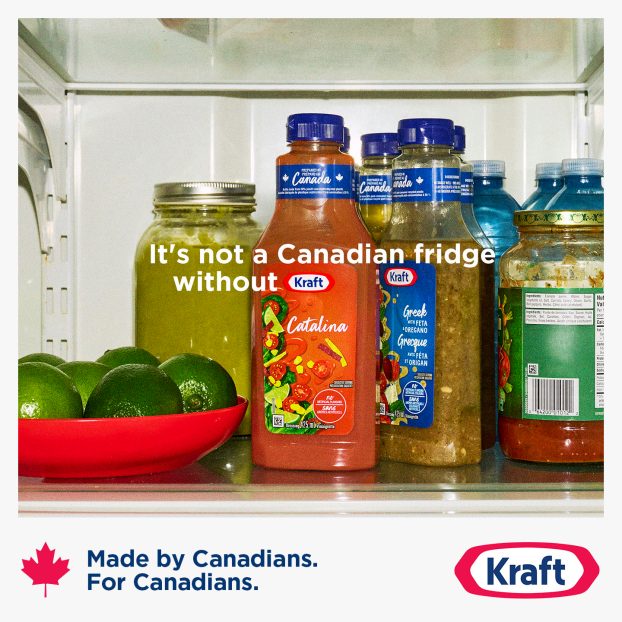Consumers are most likely to encounter Sweet Jesus on their social media feeds, where millennials pose for pics with their “Krusty the Cone” cotton candy or “Rocky Road Rage” marshmallow-covered soft-serve ice cream cones.
The Toronto-based ice cream shop’s cones are, after all, so elaborate and Insta-worthy that the company finds itself without any real ad buys on the books, according to Andrew Richmond, co-founder of Sweet Jesus and CEO of Monarch and Misfits, the restaurant group that also operates Mexican street food chain La Carnita.
He says the brand currently manages all of its marketing in-house through a “tight-knit” team at Monarch and Misfits that oversees everything from social content to collaborations with local artists and merch lines.
Having worked in marketing for almost 15 years – Richmond was a design director at OneMethod when he launched the company with Amin Todai, the agency’s current president and CCO – the CEO says he now serves as the company’s chief creative officer.
Recently, Sweet Jesus has rapidly expanded to include 15 locations, including one in Baltimore, Maryland and another planned for the Mall of America in Minnesota. It also operates franchises in Dubai, India and Bangladesh under the “Sweet Salvation” brand name.
Last year, the company reportedly said it was looking to add 20 to 25 more locations, although Richmond says it is currently “working through” its growth strategy.
Richmond says it will have to figure out how to speak to consumers “above and beyond our social channels” as it moves into new markets. Nevertheless, he says the focus right now is ensuring the in-store customer experience supports the messaging Sweet Jesus does online.
Some people have criticized the hype around the company menu options, saying it offers little more than soft-serve ice cream. But Richmond says that accounts for part of the brand’s success, since Sweet Jesus helped kick-start the “resurgence of soft serve” when it opened in 2015.
Earlier this year, following its expansion into the U.S., the company faced backlash over its name, with one group circulating an online petition and calling its use of the name Jesus “blasphemous.”
Richmond responded saying the company had no plans to change its name, believing, as he said at the time, that “the best brands come from an honest place.”
The incident “made us a household name in North America in about eight days,” says Richmond. “It brought a lot of attention to the brand, in ways that we couldn’t afford on an ad spend level or a PR level.”
At the end of the day, he says Sweet Jesus’ marketing is about “being true to what we believe, what we like, what we’re passionate about, and that comes through and the customer sees that in the end.”
























